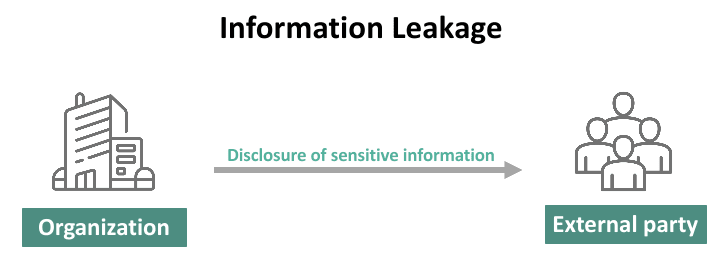Managing the Risk of Abuse of Insider Information in Procurement
-
0 Comments

Procurement officials usually receive kickbacks or bribes in exchange for insider information or preferential treatment during the procurement process.
These unethical practices can distort market competition, inflate costs, and compromise the integrity of the procurement process.

How to Prohibit Abuse of Insider Information?
To prohibit the abuse of insider information in procurement, organizations can implement several measures:
a) Strict Policies and Procedures: Develop and enforce clear policies and procedures that explicitly prohibit the sharing or misuse of insider information in procurement. Ensure that employees understand the consequences of violating these policies, including disciplinary actions and legal consequences.
b) Access Controls: Limit access to sensitive procurement information to authorized personnel only. Implement role-based or need based access controls and regularly review and update access permissions to minimize the risk of unauthorized access.
c) Disclosure of Conflict of Interest: Take declaration from the procurement officials or those involved in the bidding process as to their conflict of interest with the bidders and to bear the consequences if the disclosure is later on found misleading or incorrect.
Additionally, the declaration must state that those involved in the bidding process shall keep themselves away from any situation during the bidding process which involves a potential conflict of interest with the bidders, e.g. gifts or hospitality from the bidders.
d) Training and Awareness: Provide comprehensive training to employees especially those involved in procurement activities. Educate them about the importance of confidentiality, ethical behaviour, policies and procedures, and the consequences of abusing insider information.
e) Monitoring and Auditing: Regularly monitor and audit procurement processes, including access logs, communication channels, and financial transactions, to detect any suspicious activities or breaches of confidentiality. Conduct periodic reviews of procurement practices to identify areas for improvement.
f) Whistleblower Mechanisms: Establish confidential whistleblower mechanisms that allow employees to report instances of insider information abuse or other unethical behaviour without fear of retaliation. Ensure that these mechanisms are easily accessible and well-publicized within the organization.
g) Suppliers’ Due Diligence: Conduct thorough due diligence on suppliers and contractors to ensure they adhere to ethical standards and do not engage in corrupt practices. Include clauses in procurement contracts that require suppliers to comply with anti-corruption laws and insider information policy.
By implementing these measures, organizations can create a culture of integrity, transparency, and accountability in procurement processes, reducing the risk of abuse of insider information and promoting fair and competitive practices.

